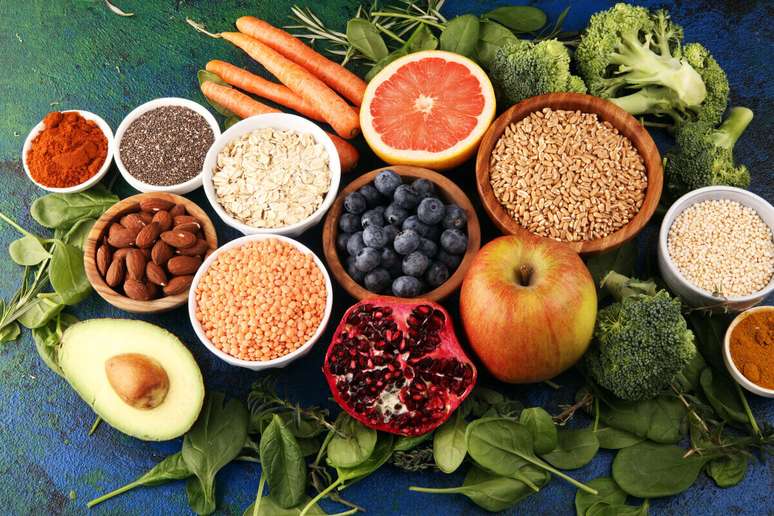They help maintain health and have nutritional functions.
Functional foods are those that produce beneficial effects on the body, helping to maintain health. All foods have nutritional properties, but some have elements with particular functions and are classified as functional.

The National Health Surveillance Agency (Anvisa) defines functional food as that food or ingredient with functional and/or health-promoting properties. Furthermore, in addition to the basic nutritional functions, when it comes to a nutrient, it must produce metabolic, physiological and health benefits effects, as well as be safe for consumption without medical supervision. “When consumed in the usual diet, however, the efficacy and safety of these foods must be guaranteed through scientific studies,” warns nutritionist Gabriela Marcelino.
Disease prevention food
With the life expectancy of Brazilians increasing and, at the same time, the growing occurrence of chronic diseases, the role of a balanced diet in health maintenance it has aroused the interest of the scientific community, which has produced numerous studies with the aim of demonstrating the performance of certain foods in the prevention of diseases.
“The term ‘functional foods’ was first introduced in Japan in the mid-1980s. After a long period of work, in 1991, the category was regulated, receiving the name of Foods for Specified Health Use (FOSHU ); the expression in Portuguese is Functional Alimenti or Nutraceuticals”, says Gabriela Marcelino.

role against disease
According to the nutritionist, several countries already have specific legislation and, in Brazil, the rules were established in 1999 by the Ministry of Health, through specific resolutions. “Functional foods have been studied a lot, because, while they don’t cure diseases, they have active components that may be able to prevent or reduce the risk of some of them. Among the most investigated diseases are those cardiovascularcancer, hypertension, diabetes, inflammatory bowel disease, some rheumatic diseases, among others,” adds Gabriela Marcelino.
Types of functional foods
The recommendation for A eat healthy is the frequent consumption of vegetables, fruit, cereals and whole grains, especially soy and fish rich in omega 3, such as tuna, sardines, salmon and trout. “Functional foods can show positive results when they are part of a balanced and balanced diet,” Gabriela Marcelino points out.
Source: Terra
Ben Stock is a lifestyle journalist and author at Gossipify. He writes about topics such as health, wellness, travel, food and home decor. He provides practical advice and inspiration to improve well-being, keeps readers up to date with latest lifestyle news and trends, known for his engaging writing style, in-depth analysis and unique perspectives.







